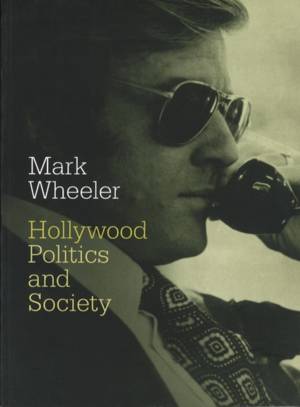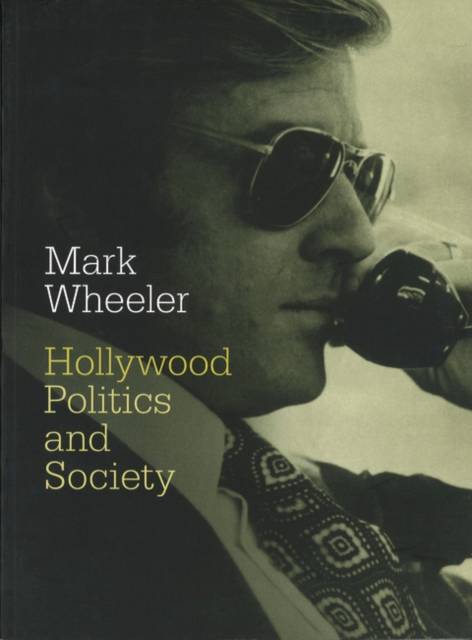
- Afhalen na 1 uur in een winkel met voorraad
- Gratis thuislevering in België vanaf € 30
- Ruim aanbod met 7 miljoen producten
- Afhalen na 1 uur in een winkel met voorraad
- Gratis thuislevering in België vanaf € 30
- Ruim aanbod met 7 miljoen producten
Zoeken
Omschrijving
At the beginning of the 21st century, the US film industry had overtaken aeronautics and car industries to become one of the highest exporters of American products. Mark Wheeler's important new book provides both a political history of Hollywood and a reflection on the relationship between cinema and politics in America, from 1900 to the present day. Wheeler considers the interplay between the movies studios, state and national government and cultural policy and legislation, with case studies of the censorship that followed in the wake of the Hays Code 1930 and the investigations of the House Committee of Un-American Activities (HUAC) in the 1950s that led to the notorious blacklisting of alleged or known Communist sympathisers. His history of political constituencies within Hollywood ranges from the conservative right to the liberal and the communist left, from trades unionists to movie moguls. The book concludes with a look at the politics of show business, addressing links between Hollywood and political activism, films such as 'The Candidate' and 'Bulworth' that have themselves engaged with the political process, and considering the irony that despite the fact that Hollywood is perceived as a bastion of liberalism the two most famous actors-turned-politicians have been Ronald Reagan and Arnold Schwarzenegger.
Specificaties
Betrokkenen
- Auteur(s):
- Uitgeverij:
Inhoud
- Aantal bladzijden:
- 192
- Taal:
- Engels
Eigenschappen
- Productcode (EAN):
- 9781844571369
- Verschijningsdatum:
- 6/11/2006
- Uitvoering:
- Paperback
- Formaat:
- Trade paperback (VS)
- Afmetingen:
- 178 mm x 241 mm
- Gewicht:
- 594 g

Alleen bij Standaard Boekhandel
+ 159 punten op je klantenkaart van Standaard Boekhandel
Beoordelingen
We publiceren alleen reviews die voldoen aan de voorwaarden voor reviews. Bekijk onze voorwaarden voor reviews.








